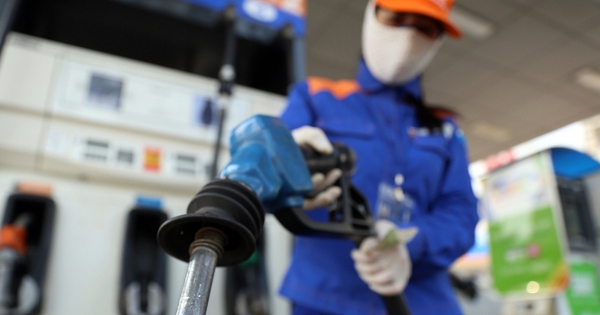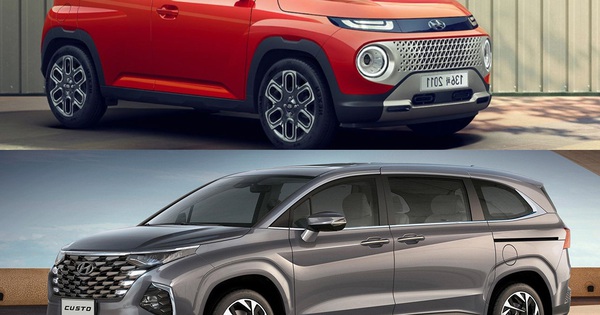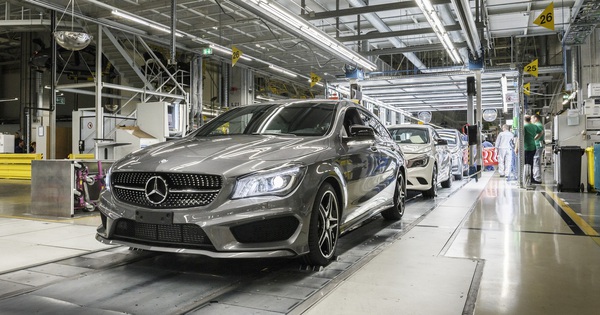Wherever you park your car, you will live there
Covid-19 has changed the consumption habits of many people. Instead of wasteful spending, people are gradually turning to a “thrifty if possible” lifestyle and living on an RV (Recreational Vehicle) is a testament to this. According to statistics from a Chinese online video platform, the keywords ”RV” and ”tourist RV” have been viewed up to 20 billion times.
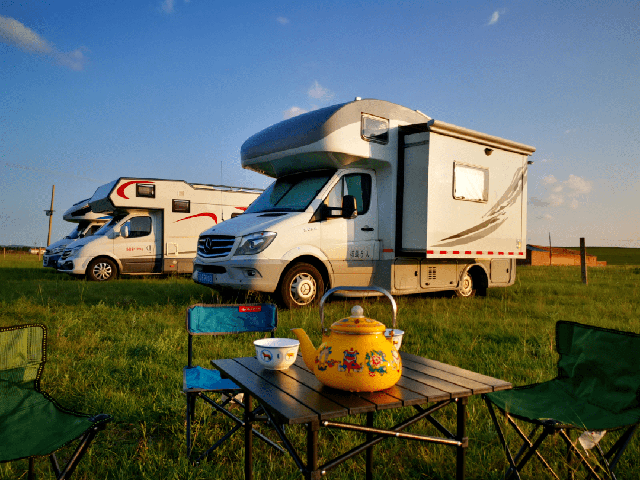
In 2021, the total number of RVs registered in China is 15,731 units, up 27.85% from a growth rate of only 1.2% in 2020, which was affected by the epidemic.
In the eyes of many people, RV is not only a means of transportation for short distances, but also an extension of the concept of “home”, a new and trendy lifestyle.
Life on the RV
Due to the high rent in Beijing, since March 2021, actor Ma Suat has moved into a mobile garage. Every month he has to spend 4,500 yuan, but there are times when he goes to film for a whole month, the house is rarely used, on the other hand, the house is also about to expire. “I’m faced with the choice, if I renew it, I will have to pay the useless rent if I don’t stay in the coming months,” he said.
While hesitating, the landlord announced an increase of 300 yuan ($44.75). This price is not high in Beijing, but has pushed Ma Suat to decide to buy a tourist car 100,000 yuan ($14,915).
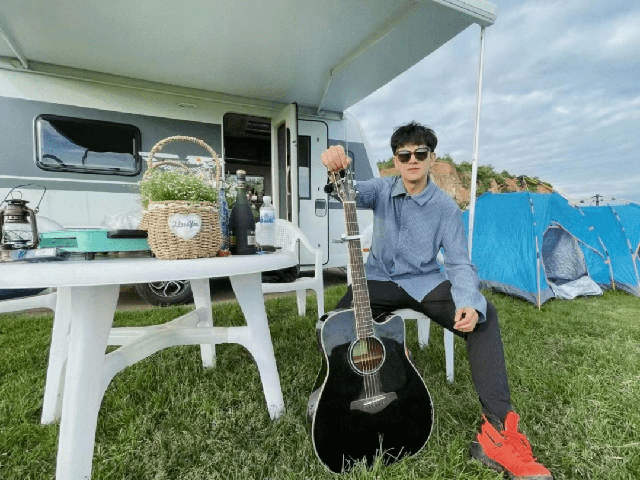
After more than 3 months of living in the car, Ma Suat has gradually gotten used to the space of only 11m2. Every morning, he makes a cup of coffee and eats two eggs for breakfast. Bathing, going to the toilet is not a big deal to him. Ma Luat buys a gym pass near the parking lot for 117 yuan per month ($17.44) to be able to handle demand.
The life on the car helps the actor’s daily life become richer. When there is no filming schedule, he drives to travel with friends.
”In the past, when I lived in a rented house, I had little communication with my neighbors. From living in RVs, parked in parking lots, I have many friends all over the world. There are nights, we talk together until 4-5 am,” he shared.
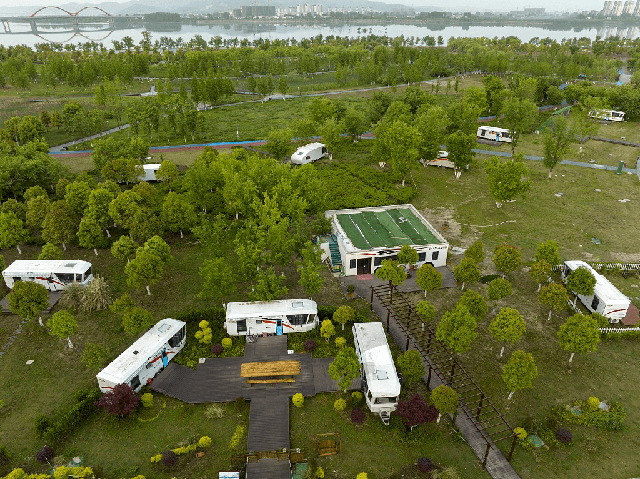
From the day he lived in the car, his monthly expenses fluctuated only 3,900 yuan ($581). This is a much more economical figure than the rental period.
In particular, he recorded his life on RV and posted it online. To date, his personal page has more than half a million followers, and an additional 30,000 yuan ($4474) from these videos.
Not quite pink
Life on Ma Suat’s RV isn’t quite as pleasant. At first, because he was inexperienced, he often parked on the side of the road. On rainy days, the sound of the rain hitting the ceiling of the car, making a noise that made it impossible for him to sleep.
Besides, RVs mainly operate on solar energy. However, the actor often goes to Hengdian (Zhejiang, China) – where the rain is very long. After a week of no sun, he struggled to find a charging station for his car.
Similar to Ma Suat, Khoa Duy Luong also faced a series of problems when living in an RV reluctantly.
Accordingly, after a business trip abroad in early March 2022, he received news that the urban area was blocked because of the epidemic. Instead of going home to quarantine for 14 days, choose to rent an RV to live. His car is large, includes 3 beds, can sleep 5 people, rents 1,000 yuan / day (149 USD).

The first time living in RV was difficult for Khoa Duy Luong. Every morning, as soon as he opens his eyes, he is faced with a series of questions: How far are you driving today? Is there a gas station on the road? Does the vehicle hit the height limit bar? Is there any parking on the street? Is there a place to get water and charge? Where is the waste water from the car?
Charging stations and water are the biggest worries of RV users. Even if they expand the water tank and install a solar battery system, it is difficult for them to live for a long time if they fall into adverse conditions.
“At first, finding parking in the city was quite difficult. In the end I chose to stay in a friend’s RV farm,” he shared.
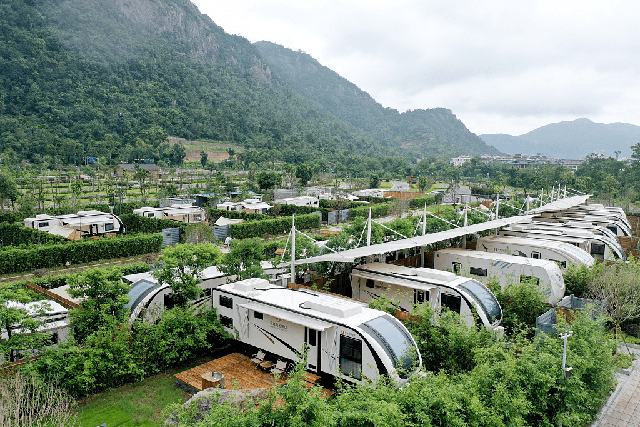
After more than half a month, Khoa Duy Luong’s urban area was removed from the blockade. His RV days were also over. He roughly calculated that he spent 20,000 yuan (US$2,981) to rent a car, among other expenses.
After his experience, many people asked him if he should live in a mobile home. The man advised people not to be impulsive. “Rent for a few days, see if you can stand it, then decide,” he says.
According to Sohu
at Blogtuan.info – Source: autopro.com.vn – Read the original article here
